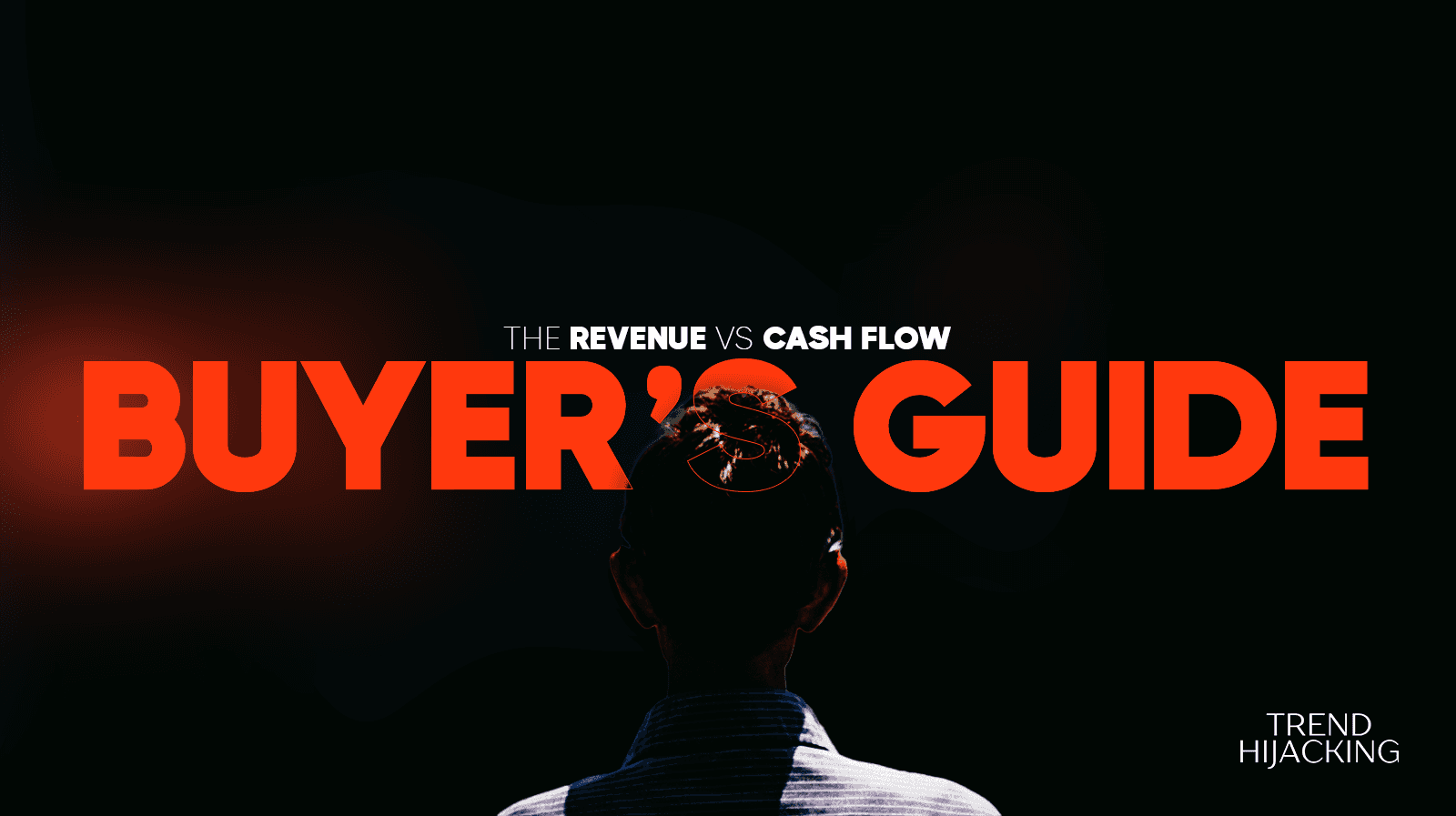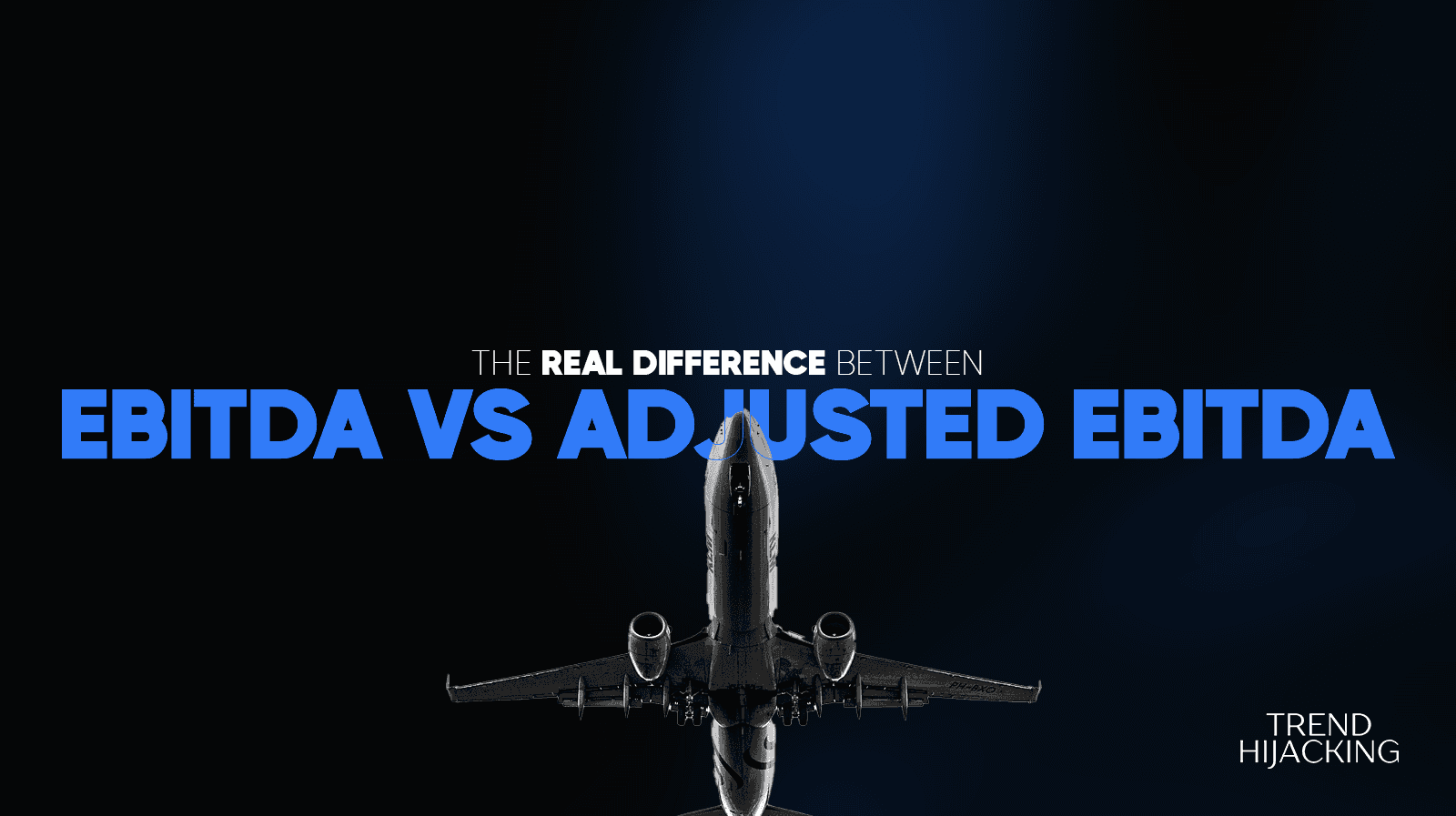Buying A Franchise (Key Costs, Pros, Cons & Evaluation Tips)
Buying A Franchise: What Does It Really Mean?

At its core, buying a franchise means entering into a business agreement where you, as the franchisee, purchase the rights to operate a business under the brand name and systems of an established company (the franchisor).
Unlike starting a business from scratch, you’re buying into a proven concept, complete with operational processes, brand recognition, and ongoing support. This often involves an upfront franchise fee and ongoing royalties, along with other potential costs like marketing fees.
The key idea behind franchising is replicating success. You’re not experimenting with business models or trying to establish market demand—you’re taking something that’s already working and implementing it in a new location.
This relationship is mutually beneficial: franchisors expand their brand presence without directly managing new locations, while franchisees gain the advantage of a ready-made business model.
In exchange, franchisees must adhere to the franchisor's strict guidelines. These could range from the appearance of the store to specific operational procedures.
It’s a more structured approach than independent business ownership, but one that brings less risk and uncertainty if followed properly.
We Help You Buy / Build, Manage and Scale E-commerce Brands for an EXIT
E-commerce Simplified for Busy Individuals – We handle the buying, building, and scaling, so you can focus on what matters.
Growth-Focused Strategies – From sourcing to marketing, we drive growth and prepare you for a profitable exit.
Expertly Managed Exits – We build a high-value brand designed for a Lucrative exit.
Is Buying a Franchise a Good Idea?

The question of whether acquiring a franchise is a good idea depends heavily on your personal goals, risk tolerance, and the type of business you’re interested in.
Here are a few considerations to help determine if franchising is the right choice for you:
Lower risk involved: Franchises come with less risk than starting a business from scratch. You’re working with a proven business model, and many of the early hurdles—such as branding and market validation—are already taken care of. However, that doesn’t mean it’s without risk. If the franchisor struggles, or if market conditions change, you can still face financial losses.
Enjoy ongoing support: Franchising is an ideal option if you’re looking for support in areas like marketing, training, and business operations. However, it’s important to note that you won’t have the same level of control or creativity you would as an independent business owner. Franchisors often have strict guidelines and regulations to ensure brand consistency across all locations, which can sometimes feel restrictive.
Hop on a proven business model: Franchises, particularly from well-known brands, have a track record of success, and that can be very appealing. But this comes at a price. The upfront franchise fee, plus ongoing royalties and fees, can add up, making it expensive to enter the franchise world, especially for high-profile brands. Carefully evaluating the financial commitment is crucial.
Leverage an established name: One of the biggest advantages of buying a franchise is that you’re not starting from square one. Consumers are already familiar with the brand, which can lead to quicker customer acquisition.
Ultimately, buying a franchise can be a great idea if you want to reduce risk, enjoy ongoing support, and leverage an established brand. However, if you value autonomy and creative control over the business, or if the financial commitment feels too steep, you may want to consider other avenues.
Buying a Franchise: Advantages And Disadvantages

Before diving into franchise ownership, it's crucial to weigh the advantages and disadvantages. Understanding what you gain and what challenges you might face will help you make an informed decision.
Here are the key highlights and lowlights of buying a franchise:
Pros:
Proven business model: Operate within a tested system, saving time and reducing risk compared to starting from scratch.
Brand recognition: Benefit from established consumer trust and familiarity, helping to attract customers quickly.
Enjoy support from franchisors: Receive comprehensive training and ongoing support, ensuring you're not navigating challenges alone.
Marketing and advertising: Enjoy professionally managed marketing efforts, reducing the need for your own strategy and saving resources.
Cons:
Initial investment and ongoing fees: High costs, including franchise fees and royalties, can significantly impact early profits.
Limited flexibility: Strict adherence to franchisor guidelines can stifle creativity and limit adaptations to local market needs.
The Real Cost of Buying A Franchise

The initial costs of buying a franchise can seem steep, but they cover much more than just the right to use the brand name.
Most franchises come with a one-time franchise fee, which essentially buys you access to their established business model, systems, and training programs.
This fee can range anywhere from $10,000 to $50,000 or more, depending on the brand.
So, when you’re looking at franchise opportunities, ask yourself what value the fee brings. Does it include extensive support, marketing, or training?
If so, the investment may be well worth it.
In addition to the upfront franchise fee, there are ongoing costs to consider.
Most franchises charge royalty fees, which are typically a percentage of your sales. These can range from 4% to 8% and are paid monthly.
Then there are marketing contributions, which fund the franchisor’s national advertising efforts. These fees usually range between 1% and 3% of your revenue.
While these ongoing fees can eat into your profits, they also provide valuable services that help drive traffic to your business.
Financing Your Franchise Purchase

If the initial investment feels out of reach for you, don’t worry. Many franchisees finance their purchases through loans or partnerships.
The U.S. Small Business Administration (SBA) offers loans specifically for franchisees, which often come with competitive interest rates and favorable terms.
Alternatively, you might consider personal loans, or if you’re open to it, finding a business partner to share the financial burden.
Whatever route you take, make sure you thoroughly research your options and plan for how you’ll manage both the initial and ongoing costs.
We Help You Buy / Build, Manage and Scale E-commerce Brands for an EXIT
E-commerce Simplified for Busy Individuals – We handle the buying, building, and scaling, so you can focus on what matters.
Growth-Focused Strategies – From sourcing to marketing, we drive growth and prepare you for a profitable exit.
Expertly Managed Exits – We build a high-value brand designed for a Lucrative exit.
How to Evaluate a Franchise: Your Complete Checklist

Before you make that big move and acquire a franchise, you want to be sure you are getting the real deal.
Here’s a quick checklist of what to look for in your franchising acquisition process:
Check the total investment and potential ROI: Before diving into a franchise agreement, it’s critical to evaluate the total investment required and the potential return on investment (ROI). Look beyond the initial franchise fee and consider the cost of equipment, inventory, lease agreements, and ongoing fees. Does the potential revenue justify the investment? If not, it may be time to reconsider.
Research the franchise’s brand reputation: Not all franchises are created equal. Thus, you should do thorough research on the franchisor’s reputation within the industry and among customers. Are they well-respected, or do they have a history of disputes with franchisees? Look out for customer reviews and any legal issues that may have come up in the past.
Review the franchise disclosure document (FDD): The Franchise Disclosure Document (FDD) is simply a legal requirement for all franchisors in the U.S., and it provides a wealth of information about the franchisor’s business model, fees, and legal history. Make sure you carefully review this document. If possible, consider hiring a franchise attorney to help you understand the finer details before signing any contracts.
Talk to other franchise owners: One of the best ways to evaluate a franchise is to talk to current franchisees. Ask them about their experience, challenges, and successes. Are they satisfied with the level of support from the franchisor? Do they feel like their investment has paid off? Getting an insider’s perspective can help you make a more informed decision.
Consider location and market demand: A franchise’s success often hinges on location. Research the local market demand for the product or service you’ll be offering. Are there too many competitors in the area? Will the business thrive in your chosen location? Make sure there’s a strong demand for the franchise before making any final decisions.
Tips for Maximizing Your Success as a Franchise Owner
Here are some additional tips to increase your chances of becoming a successful franchise owner:
Choose the right franchise: Select a franchise that aligns with your skills and lifestyle. Consider your strengths and preferences to ensure daily operations suit you.
Negotiate the franchise agreement: While many terms are fixed, explore areas for negotiation, like territory rights or fees, to secure more favorable conditions.
Start with a solid business plan: Create a detailed plan outlining your goals, target market, financial projections, and growth strategies to stay focused and track progress.
Prepare for the long haul: Understand that success takes time. Build your business gradually, establish a customer base, and be patient as you work towards profitability.
Frequently Asked Questions:
Are franchises a good investment?
Franchises can be a good investment, offering a structured business model with brand recognition, training, and support. However, success varies by industry and location. Before purchasing a franchise, you should conduct thorough research, assess your financial situation, and consider your passion for the business. This will help you make an informed decision.
What is the most profitable franchise to own?
While profitability can vary, some of the most consistently profitable franchises include fast-food chains like McDonald’s, Subway, and Dunkin’. Other sectors like health and fitness, home services, and senior care also show strong returns. Ultimately, the most profitable franchise for you depends on your market and operational efficiency.
What is the failure rate of a franchise?
Franchise failure rates tend to be lower than independent businesses, with around 10-20% failing within the first few years. However, this can vary widely by industry and the franchise brand. Conducting due diligence, reviewing franchise disclosure documents, and speaking with existing franchisees can provide insights into a specific franchise's stability.
Conclusion
Buying a franchise can be one of the most rewarding decisions you’ll ever make, but it requires careful research, thoughtful planning, and a willingness to follow an established system. With the right information and the right mindset, you can take the leap into franchise ownership with confidence, knowing that you’re investing in a proven business model that can lead to long-term success.
Ready to embark on your franchise ownership journey but unsure where to start? Our expert team is here to guide you through the entire acquisition process, from negotiations to due diligence. We’ll help you secure a franchise that can transform your future and support you in scaling your investment for long-term success. Plus, we’ll prepare you for a profitable exit at a 3-10x multiple. Book a call with us today, and let’s turn your franchise dreams into reality!
A Done-For-You E-commerce Business
Discover how we Build, Launch, and Scale a 6-figure/month Business for You
Learn more
The 6-Step Blueprint to E-Commerce Acquisition
See how we Acquire, Convert, and Scale with Real Case Studies to Prove It.




















